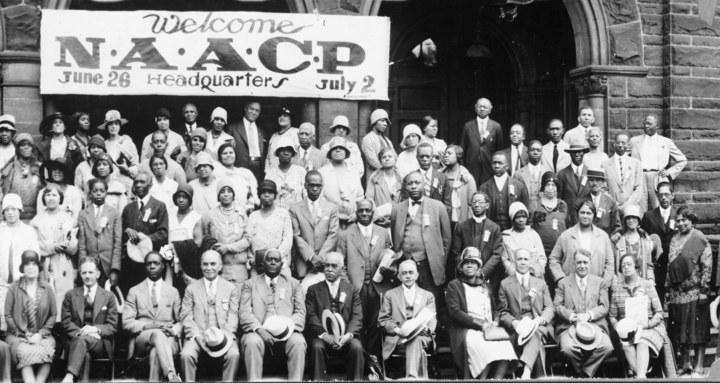Abe didn’t do Shit
Abraham Lincoln’s birthday is today, American culture takes time to celebrate him as a president and for his part in civil rights. But I’m not mistaken, Lincoln has never been our hero. Lincoln did not have a passion for the lives and treatment of Blacks, his presidential slogan wasn’t to free slaves and he blatantly stated this. In response to Horace Greely’s ‘The Payer of Twenty Millions’ which called on the emancipation of all slaves in Union territory in 1862, Lincoln stated, “My paramount in this struggle is to save the Union, and is not either to save or destroy slavery…What I do about slavery and the colored race, I do because I believe it helps to save the Union”. Lincoln’s contribution to the emancipation of Blacks was made out of necessity and he would have even gone in the opposite direction had it been for the benefit of the nation. Slaves were not seen as a group of people deserving of human rights or freedom, but only as a pawn in the game of winning the nation. In response to Lincoln’s birthday, it has no relevance to Black history. The advancement of African Americans has been made majorly by African Americans.
On 2/12 I Celebrate the Founding of the NAACP
The National Association of Colored was established on this day in New York City, becoming America’s largest and oldest civil rights organization. The organization was founded in response to violent acts against Blacks around the country, beginning with an Anti-lynching campaign in the early 90s that worked to eradicate the practice of lynching, a method of violence that had been used to suppress African Americans for centuries. In 1917 over 10,000 people in New York City participated in a silent demonstration protesting lynching and other racial acts of violence. This was one of the first mass demonstrations against violence in America. The NAACP continued to play a vital role in organizing protests and demonstrations, for example the organization helped to organize the March on Washington in 1963, one of the largest civil rights rallies in U.S. history, gathering over 250,000 individuals to participate in D.C. NAACP was threaded into countless aspects of Black historical movements. For example, Rosa Parks was the secretary for a local chapter of the NAACP when she refused to give up her seat on the bus, setting the stage for the Montgomery Bus Boycott. Her role as apart of the NAACP contributed to her confidence in defending her rights, a defense that we didn’t have before the founding of the organization.
My Founding Fathers (and Mothers)
The founding of the NAACP is a critical aspect of Black History, organization is power. No matter how many people there are that agree, if those people aren’t organized then there’s nothing they can accomplish. There were hundreds of thousands of blacks and whites who believed that the treatment of Blacks in America was unjust, but they weren’t organizers. It took the collaboration of like minds, white and black, to develop a safe space for defending African Americans rights and pushing their agenda. Black leaders such as activist and sociologist W.E.B. Du Bois, journalist and suffragist Ida Wells-Barnett, lawyer Archibald Grimke and suffragist Mary Church Terrell were founding members of the organization who had all made incredible strides in Black history individually. Terrell was one of the first Black women to earn a college degree, graduating from Oberlin College and later earning her Master’s degree in education. Grimke was one of the first Black students to attend Harvard Law School, later becoming the president of the American Negro Academy, a black intellectual society. Ida Wells-Barnett wrote articles decrying the lynchings of the area, traveling throughout the South spreading her editorials while putting her own life at risk. W.E.B. Du Bois became the first African American to earn a Ph.D. from Harvard University in 1895 and later organized several Pan-African congresses to free African colonies from European powers. Each of these people were revolutionary leaders in their own right, and came together to create an organization that dramatically changed the course of African American life in the United States.
During the Civil Rights era of the 50s the group won several major legal victories including the historic Brown v. Board of Education case that ended legal segregation in public education as a violation of the Equal Protection Clause. NAACP attorneys challenged racial segregation and discrimination in institutions across the county, successfully challenging discrimination in education, housing, employment and voting. The NAACP was crucial in passage of the Voting Rights Act of 1965 that broke down legal barriers that prevented Blacks from exercising their right to vote under the 15th amendment. Today the NAACP has over 2,000 branches with over half a million active members worldwide, proving that the more organized we become as a community, the more we can accomplish as a whole. Without the NAACP several accomplishments would have never been obtained.

